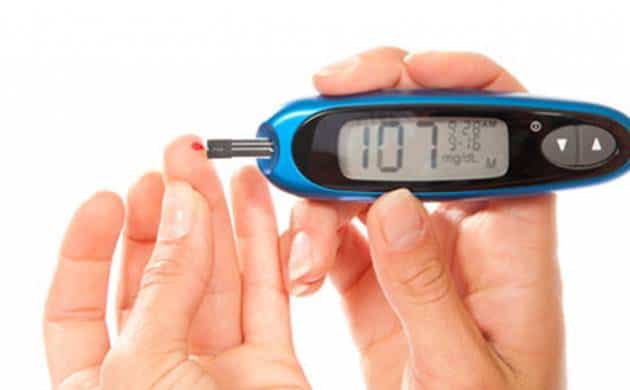London [England]: A recent study has threatened the National Health Service (NHS) as more and more people are being diagnosed with type 2 diabetes, which is costing them10.3 billion pounds each year, 10 percent of their budget.
According to a report in the Daily Mail, a record four million people are living with the condition, despite more than 500,000 not knowing they have it, figures show.
A BBC Panorama investigation will show that the bleak situation has left many doctors worried about the condition’s financial burden on the health service.
Often thought of as harmless, the preventable condition is a hidden killer and can lead to heart failure, blindness, kidney disease and leg amputations.
It is caused by having too much glucose in the blood because the body’s way of turning it into energy is not working properly.
Of the extreme costs of the condition, the NHS spends nearly one billion pounds a year on foot ulcers and amputations from type 2 diabetes.
Nine out of 10 people with type 2 diabetes are overweight, and lifestyle changes and weight loss can help to prevent it from every occurring.
Martin Claridge, a vascular surgeon at the Heartlands Hospital, Birmingham, told the investigators in the programme ‘Diabetes: The Hidden Killer’, “I am worried. The NHS will have to decide what conditions it does or does not treat and that is a very difficult decision to make.”
Professor Tim Barratt, from Birmingham Children’s Hospital, added, “Obesity and diabetes will have a tremendous burden on our national health service. It would be much cheaper to change lifestyles now and prevent complications than trying to pay it with the NHS.”
Before 2000, there had never been a single case of a child being diagnosed with type 2 diabetes in the UK.
But worryingly, the number of children aged 16 and under affected from the debilitating condition has doubled since 2005, experts say.
More than 500 have developed type 2 diabetes, as a result of poor diet and the obesity crisis, alarming figures revealed earlier this year.
A fifth of children in the UK are overweight or obese by the time they start primary school and more than one in three are by the time they leave.
Birmingham has the highest prevalence rates of type 2 diabetes in the country, with one in ten people suffering.
“Type 2 diabetes in children may be a different disease to type 2 diabetes in adults,” Professor Barratt said, adding, “So adults who get this at the age of 50 or whatever may not necessarily get these other complications.”
“The children we’re seeing with type 2 seem to have got a more aggressive progress. And they’re getting these complications earlier than you’d expect,” Barratt continued.
The investigators interviewed John Westwood, a sufferer who had developed gangrene in his foot which put his life in danger.
He underwent two operations to amputate his leg, costing the NHS around 18,000 pounds.
When his rehabilitation is taken into account his care costs a further 20,000 pounds – a problem that adds up across the NHS.
Another sufferer, Norma Edmonds, aged 56, who has already lost both her legs is part of the programme.
An infection tracking up her leg and threatening her life has forced her to have another amputation – this time above the knee.
Her recovery process will take nearly a month – but the price of a single night in hospital is 400 pounds.
But experts say there is a solution to the financial dilemma the NHS faces. The NHS does have a plan to tackle the epidemic.
The idea is to intervene earlier in an effort to prevent Type 2 patients ever needing expensive hospital treatment.
But it will be hard to put more enough money into prevention and primary care, while scarce resources have to be spent on life-threatening type 2 cases. (ANI)

